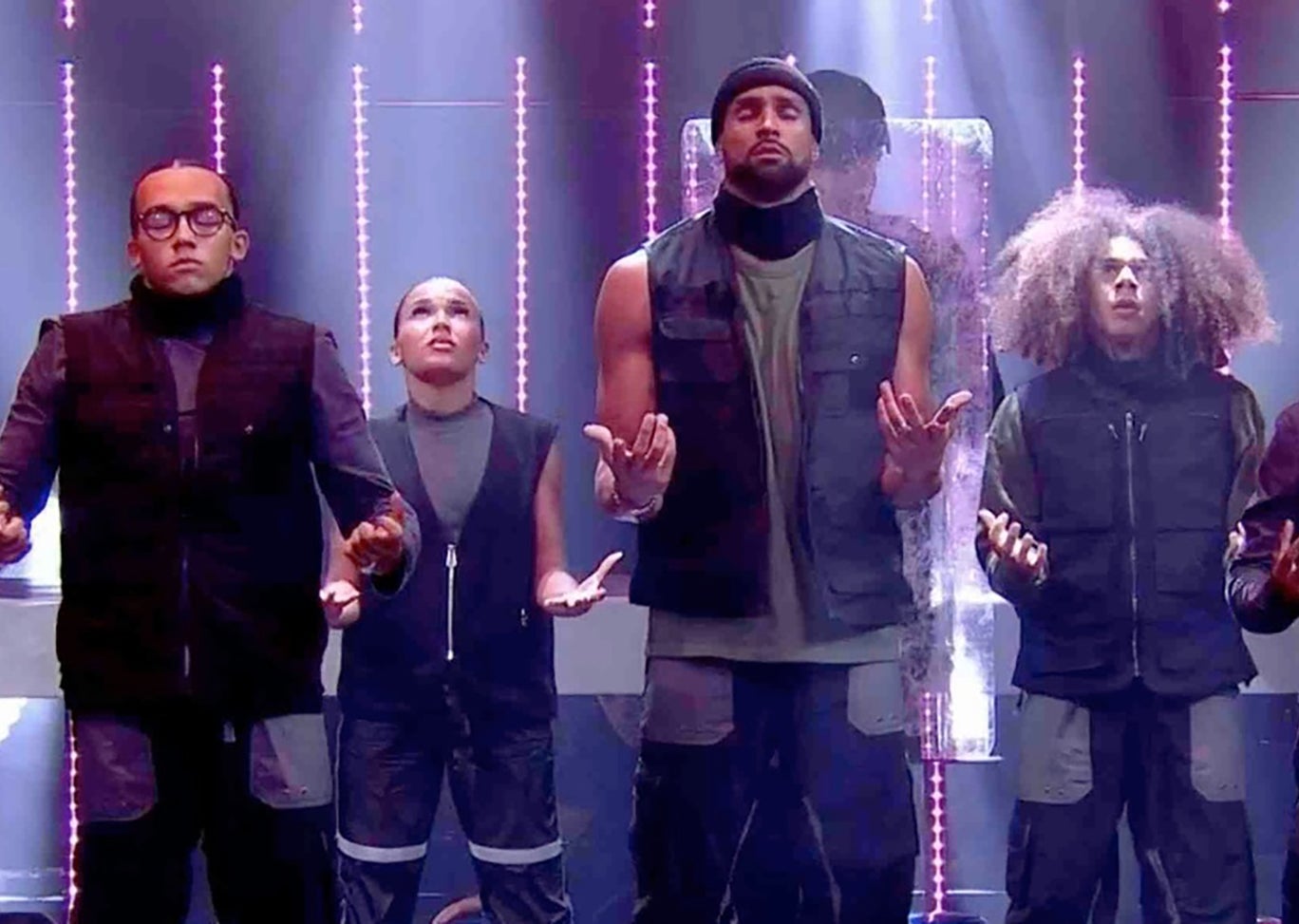Scrolling through the recent list of unpursued complaints on Ofcom’s website is baffling and hilarious; there’s a drinking game in there somewhere.
On the 11th July, 2020, some poor sap was so horrified by Channel 4’s Naked Attraction – now in its sixth series – they complained that it violated ‘generally accepted standards’ of television. Perhaps understandable.
On the 8th March, one consumer reported WWE: Raw Highlights for, incredibly, depicting ‘violence’.
Another unsuspecting viewer reported Babestation (a pornographic TV channel, that’s been about since 2002) for causing ‘offence’.
For each complaint, some Ofcom employee must assess the material; and establish whether it’s worth formally investigating or satisfies guidelines. These examples are, largely, funny. People interpret the media in varied ways. One could argue Ofcom is an element of democratic society – some great leveller where the average person can complain about a behemoth studio and be fairly platformed. But, when the complaints function is largely flooded with singular outcries regarding such things as ‘sexual material’ on quiz show Tipping Point, we really must question – Why do we need Ofcom?
Of course, the regulator manages far more than just telly. The Office of Communications handles all comms-related services, from radio to post. Most infamous, however, is their Television complaints system; and the incessant need for news outlets to follow, report, and legitimise them.
This brings us to recent events; the 25,000 complaints targeted at Britain’s Got Talent for Diversity’s performance early September: a four-minute spectacle on coronavirus, racism, and police violence; five seconds of which recreated the killing of George Floyd. To a lesser extent, in a follow-up incident, Alesha Dixon received 2,000 complaints for her necklace – emblazoned ‘BLM’.
It’s great that Ofcom decided Diversity were not in violation of TV codes, and released an eight-page document explaining why. What does the volume of complaints tell us, though?
The number of complaints, officially, bears no impact on the investigation of alleged violations. It is mostly the tabloids that have expressed surprise at Ofcom’s lack of reprimand; 25,000, the second most complaints Ofcom have received ever, taken as evidence of BGT’s ‘guilt.’
Maybe it is overthinking it, but think how much effort an Ofcom complaint takes; finding the website, typing your address, details, listing the show and complaint; minutes plenty to have calmed down and realise you really, really don’t need to. Who has the time?
The Ofcom Complaint, as an act, represents anger; it reveals that 25,000 Brits are angry enough to want a dance against racism off their screens. Angry enough to genuinely believe that stating ‘Black Lives Matter’ is ‘racist towards White People’, or depicting an event of racial violence promotes violence against police; or irritated enough to sincerely believe that spreading a message of unity constitutes some threat to their children watching. These things, according to Ofcom, were what constituted the broad bulk of complaints.
What’s more, it was clear in its rising numbers that the complaints system had been hijacked; still in their low thousands, numerous social media posts and comments actively called for complainants to vent their disgust against a programme that at least some did not even watch. The idea of it, translated through thumbnails of Ashley Banjo’s neck being knelt on, was enough. The inverse, also, is true; many were led to view the dance – and support it – out of curiosity surrounding the outrage.
Ofcom offers something Mumsnet and Twitter cannot; legitimacy, and (some) democratic authority. Discontent has been officially lodged. Ofcom has had to explain itself to the country; to defend Diversity’s right to dance, Dixon’s right to wear a ‘BLM’ necklace, (and, in less crucial recent developments, Amanda Holden’s right to display miniscule volumes of cleavage).
It is genuinely great that Ofcom defended Diversity and Dixon; but what if they hadn’t? What function does a regulator serve when they only regulate what the angry mob sent them to?
Ofcom’s words also ring slightly hollow. Dixon shares a panel with David Walliams – a bloke who built a career on blackface and stereotyping with shows like Little Britain or Come Fly with Me. Two shows, worth noting, that Ofcom never deemed to have violated their guidelines in years of broadcast. Walliams’ old co-star and co-writer, Matt Lucas, has recently received a salvo of some 200-plus Ofcom complaints, however. For imitating Boris Johnson on Bake Off.
Is this all just an overtly vocal symptom of a wider systemic issue? Are the individual complainants the problem here – or are Ofcom partly responsible, for being such an easily exploited platform, or for signal-boosting malicious demands to silence a dance troupe?
Photo Credit: The Independent

